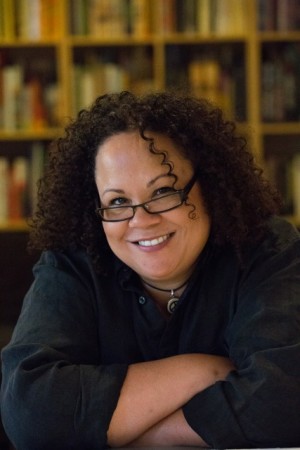Like many college seniors, Maggie Lynch is grieving. “The hardest part has been the overwhelming feeling of loss,” she said about her disrupted final semester stemming from the COVID-19 pandemic. Lynch is hunkering down in Princeton, NJ, with her brother, sister, and parents, and struggles not to dwell on all she’s missing. Her friend Melissa MacKenzie echoed those sentiments and added her own. “The hardest thing is the uncertainty,” said MacKenzie, who lives in Peabody, MA. Though she has a job that’s set to begin in the summer, she finds the inability to plan, and the unknowability of what’s ahead, deeply troubling. Both admit to some petulance at home, especially earlier in the quarantine. “I’m sure my Mom would report that I’ve been complaining extra because of this,” MacKenzie said. During her first week home, Lynch added, she made sure her family members appreciated that her suffering trumped everyone else’s. “Ha!” Lynch said. She’s gotten past the early victimization.
Parents of college seniors also are struggling, not only over how to see beyond the miasma of national gloom, but also how to steer their young adult children effectively. The mother of a college senior who asked to remain anonymous to avoid embarrassing her son, explained how exasperating it is to live with a miserable young adult who can’t wait to escape the family home. “He continues to mope around as if he’s the only one suffering, and I’m trying not to minimize his loss,” she said. Because the boy’s classes are mandatory pass/fail, he’s free not to devote himself to his studies, allowing more time for sulking, complaining, and lobbying to go back to his off-campus apartment, which has put him at cross-purposes with his father. “It’s a daily barrage of hearing how unhappy he is,” she said.
Julie Lythcott-Haims, once the dean of freshmen at Stanford, now a guru on overparenting, has some advice for parents of disgruntled and restless college seniors. Lythcott-Haims is writing a sequel to her manifesto, How to Raise an Adult, this time for young adults themselves. She has much to offer the beleaguered among us:
Summon your empathy, parents. “These kids are legitimately grieving,” she said. Many students in their final year have been on track for college since they were eight years old, striving inside the classroom and out to maximize their college options. “We’ve raised them to believe that college is the be-all and end-all of their lives,” Lythcott-Haims told me. For seniors especially, the final semester is supposed to be the culmination of all that labor; its sudden derailment must be bewildering. “The rituals of completion and departure may seem trivial to parents, but these things really do matter,” she added. Some seniors wonder if the promise of a college degree delivering the big job and in turn the right life holds up amid COVID-19. “It’s the fantasy of the right life that’s in jeopardy,” she said. This is everything to college kids, and parents needs to dig deep and empathize.

Be tough about enforcing the quarantine. College seniors are adults who need to behave just as responsibly as the rest of society. It’s not appropriate to go back and forth between houses, or to break through their “germ circle” and risk sickening others. At the same time, for their own mental health, they—and we—need to see other people. “They just have to adhere to the letter and the spirit of the rules,” she said. That means staying out of other people’s houses and cars, but allows for occasional outdoor visits or walks, provided everyone remains six feet apart.


